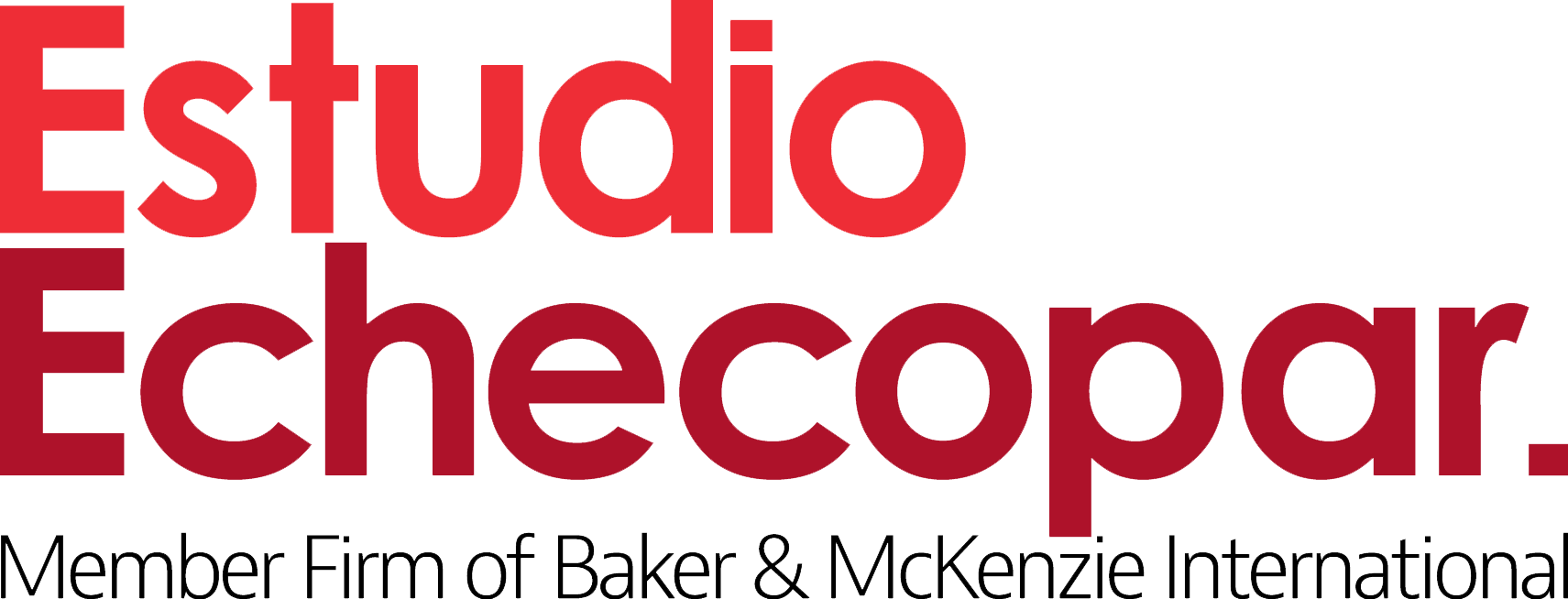Modification of tax regimes
Three important changes are intended to be made:
- Creation of a new regime: A new regime that is simpler for the taxpayer is intended to be created. The plan is for SUNAT to facilitate the declaration, taking into account the information provided by taxpayers through the issuance of electronic payment vouchers and accounting records.
- Modification of the New Single Simplified Tax Regime (NRUS): The scope of the NRUS is to be reduced. This regime will apply only to those taxpayers who are considered subsistence businesses.
- Elimination of regimes: The Special Income Tax Regime (RER) and the MYPE Tax Regime (RMT) are to be eliminated. However, the bill has not defined the regimes to which taxpayers currently taxed under the RER or RMT will have to adhere or if there will be an adaptation period for their incorporation into the General Regime.
Modification of the LIBOR benchmark for the purpose of calculating the amount of presumed interest
As we know, the LIBOR rate is used to calculate the amount of assumed interest on foreign currency loans.
However, since the LIBOR rate has been eliminated, the presumed interest could not be calculated.
Because of this, it has been proposed that the reference to the LIBOR rate by the Average Lending Interest Rate in Foreign Currency (TAMEX), published by the Superintendence of Banks, Insurance Companies and Private Pension Funds (SBS) be multiplied by an adjustment factor of 0.65.
LIBOR rate and reduced rate of 4.99%
The LIBOR rate is also used to determine one of the requirements of the reduced rate of 4.99% applicable to the payment of interest to the non-domiciled. However, to date, this reference has not yet been modified.
However, since the reference to the LIBOR rate is found in the Regulations of the Income Tax Law, the Executive Branch can make the modification by Supreme Decree and does not require Congress to grant it legislative powers.
Relaxation of the requirements to qualify as establishments whose acquisitions give the right to a refund of sales tax (IGV)
Only those taxpayers who qualify as "Good Taxpayers" qualify as establishments whose acquisitions entitle them to an IGV refund.
However, on 19 March 2022, Legislative Decree No. 1535 was published, which eliminates the Good Taxpayers regime and replaces it with a system of compliance profile that consist of assigning a rating to each taxpayer according to their level of compliance ("Compliance Profile").
However, to date, no standard regulating the application of the Compliance Profile has been issued, so it is not yet in use.
Accordingly, until the procedure for assigning a Compliance Profile is implemented, the requirement to qualify as a Good Taxpayer will be relaxed.
View the Spanish version.
We hope that this information will be of relevance to you and your company. If you require any further information, do not hesitate to contact us.
* * * * *

Estudio Echecopar is a member firm of Baker & McKenzie International, a Swiss Verein with member law firms around the world. In accordance with the common terminology used in professional service organizations, reference to a "partner" means a person who is a partner or equivalent in such a law firm. Similarly, reference to an "office", means an office of any such law firm.
Before you send e-mail to Estudio Echecopar, please be aware that your communications with us through this message will not create a lawyer-client relationship with us. Do not send us any information that you or anyone else considers to be confidential or secret unless we have first agreed to be your lawyer in the matter. Any information you send us before we agree to be your lawyers cannot be protected from disclosure.
@2023 Estudio Echecopar
All rights reserved.
No part of this publication may be reproduced in any form or by any means without the written permission of Estudio Echecopar.

